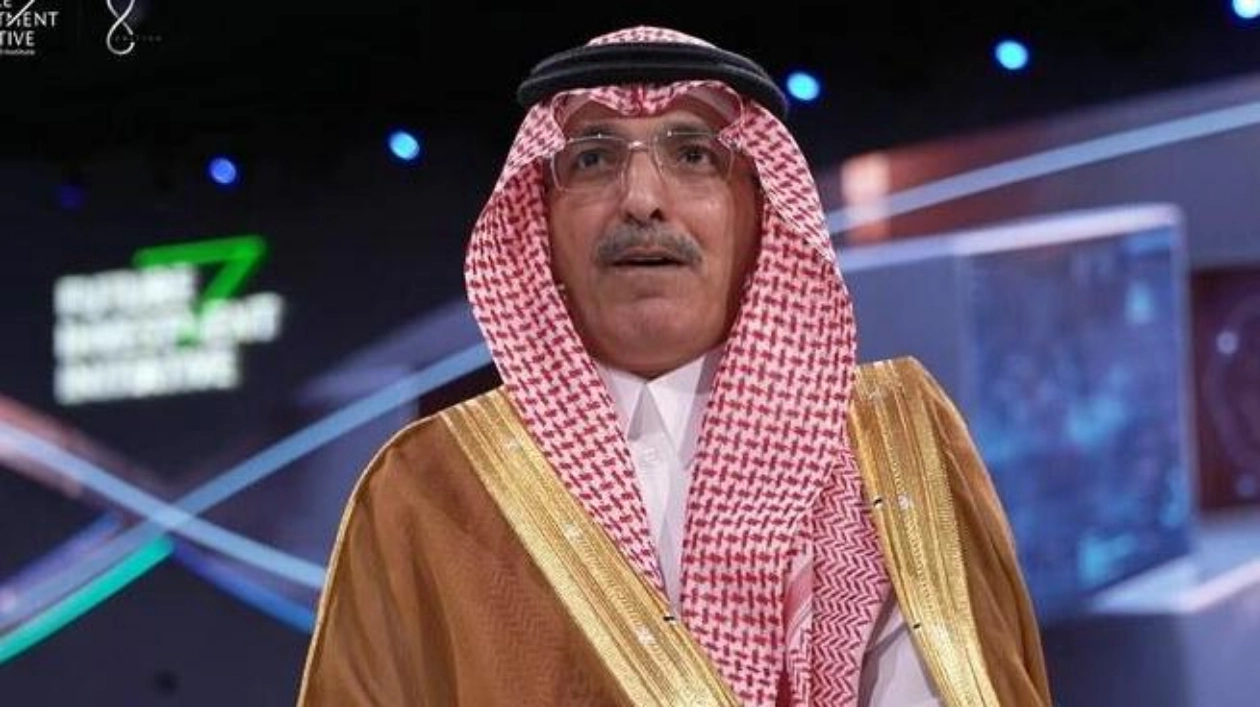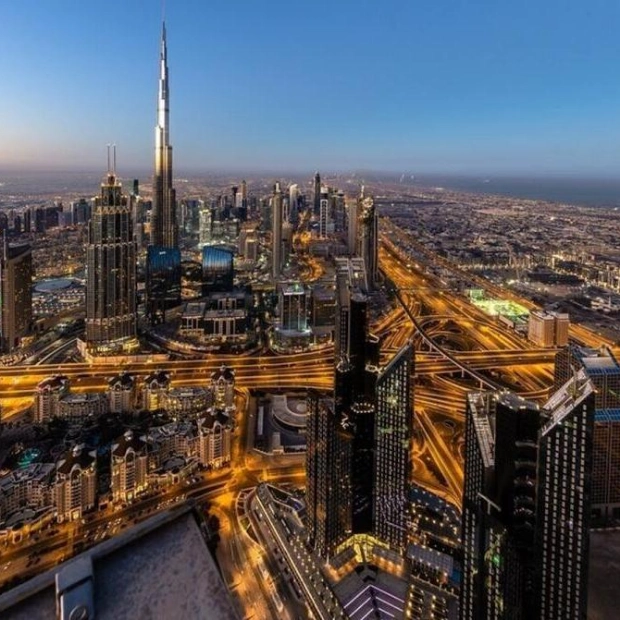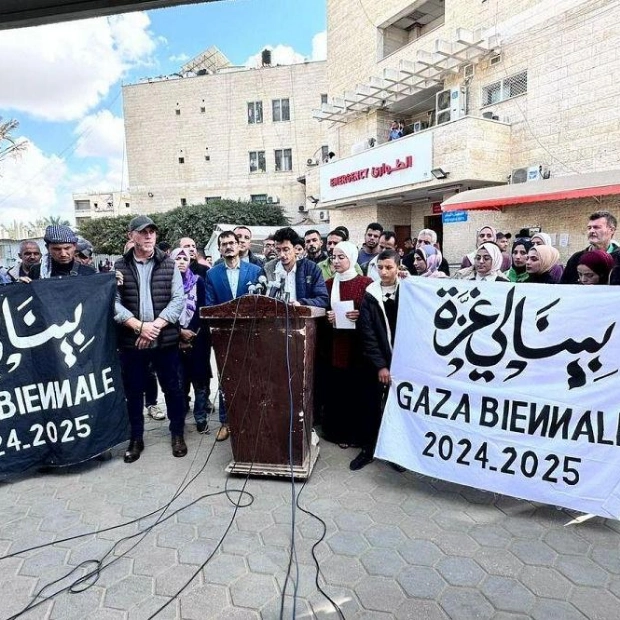RIYADH: Saudi Arabia is on track to reach a 40 percent female workforce participation rate by the end of this decade, having already exceeded its Vision 2030 target of 30 percent, according to a senior official.
During the eighth edition of the Future Investment Initiative in Riyadh on October 30, Saudi Arabia’s Minister of Finance Mohammed Al-Jadaan revealed that 45 percent of the small and medium enterprises in the Kingdom are led by women.
Enhancing the role of women in the country’s labor force and narrowing the gender gap are among the primary objectives of the Kingdom’s economic diversification Vision 2030 program.
To advance this agenda, Saudi Arabia hosted the HERizon Summit on October 28 with the theme “Invest in Women,” where experts explored strategies to empower women in the global employment sector.
“Starting from nearly 17 percent female workforce participation when Vision 2030 began, we are now at 35 percent. Our 2030 target was 30 percent,” said Al-Jadaan.
He added: “If you consider women’s participation today, not just as employees but also as entrepreneurs, it is substantial. We have doubled the number of SMEs in the past seven years, and 45 percent of these are led by women.”
Al-Jadaan noted that the increase in female workforce participation is evident across various sectors, including consumption and household income.
“We are now aiming for female workforce participation to exceed 35 percent or reach around 40 percent by 2030. I believe we will achieve this,” Al-Jadaan stated.
He further highlighted that women in Saudi Arabia are also making significant strides in emerging sectors like tourism.
During the recent HERizon Summit, Princess Reema bint Bandar, the Kingdom’s ambassador to the US, echoed similar sentiments, emphasizing that Vision 2030 has transformed the lives of women in the nation through regulatory reforms that have opened up more opportunities in both the public and private sectors.
Vision 2030 Progress
In his speech, Al-Jadaan also outlined the progress of the country’s Vision 2030 and emphasized that the government’s economic diversification program is yielding results.
“Saudi Arabia’s non-oil GDP now constitutes 52 percent of our economy. This is significant for a country like Saudi Arabia. The unemployment rate among Saudi nationals is currently at 7.1 percent. Our 2030 target is 7 percent, and we are close to achieving it,” said the finance minister.
Al-Jadaan added that nearly 87 percent of the Kingdom’s Vision 2030 targets are either achieved or on track, with efforts underway to realize the remaining 13 percent.
The finance minister emphasized that the government is pursuing Vision 2030 goals without straining the Kingdom’s economy, ensuring stability.
“We are ensuring that our plans are well-coordinated. We aim to prevent excessive economic leakage,” said Al-Jadaan.
He added: “If too many initiatives are implemented simultaneously without allowing the economy to grow accordingly, there could be significant leakage from spending due to imports rather than domestic manufacturing. We are monitoring this and adjusting our plans, and so far, we have been successful.”
According to Al-Jadaan, investment inflows to Saudi Arabia remain robust despite geopolitical tensions, as the Kingdom offers a secure and stable environment for businesses.
“Investors continue to invest in Saudi Arabia despite geopolitical tensions because Saudi Arabia serves as a crucial anchor of stability. Investors seek stability and want to be part of the national transformation occurring in a country as significant as Saudi Arabia, the largest in the region,” said the finance minister.
Despite this positive outlook, Al-Jadaan acknowledged some challenges Saudi Arabia faces in its Vision 2030 journey, including a shortage of human resources.
“We are not avoiding challenges, particularly those related to human resources and execution capabilities. We aim to enhance our execution capacity and ensure we do not overheat the economy,” he said.
Global Outlook
During his talk, Al-Jadaan noted that the global economy still faces hurdles despite an anticipated soft landing with inflation rates under control.
He also stressed the need for international cooperation and multilateralism to address global economic challenges amid geopolitical tensions and conflicts.
“Countries are struggling with sovereign debt, a serious global challenge. Fragmentation is becoming more severe. In the current context of significant geopolitical uncertainties, we need to build bridges rather than burn them,” said Al-Jadaan.
He added: “Global communities must unite. Serious challenges around the world cannot be resolved by one country alone. Therefore, a cooperative approach is essential. Despite challenges, the global community recognizes the importance of multilateralism.”
The minister further stated that Saudi Arabia plays a crucial role as a global anchor of stability, serving as a beacon of economic reforms in the Middle East.
“We are striving to be a role model for the region. Countries in the region observe our efforts and focus on our people and economy, and hopefully, this will inspire them to follow suit,” he said.
Source link: https://www.arabnews.com






